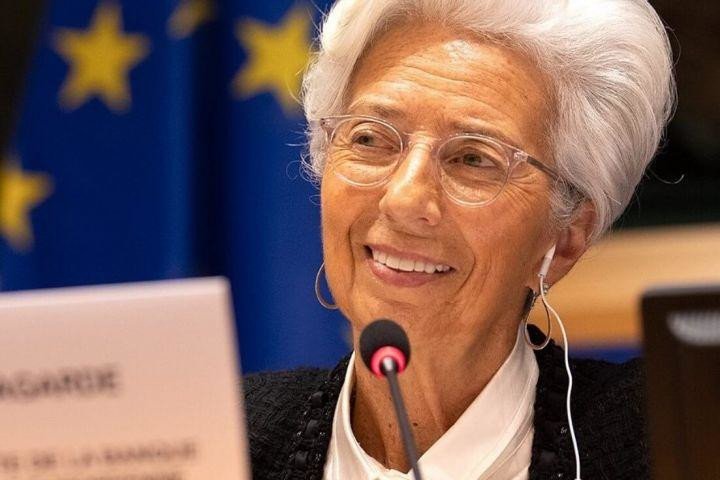The European Central Bank (ECB) President Christine Lagarde’s new blog post again pushes for the creation of a central bank digital currency (CBDC) in Europe. But although it argues that a digital euro would protect the privacy of its users, the crypto community is not impressed.
The new article, written jointly by Lagarde and the ECB Executive Board Member Fabio Panetta, published on the ECB’s website, stressed the importance of making sure the public has access to central bank money for payments, meaning cash or a digital central bank-issued currency.
The alternative they said, is that the private sector fills this hole in the market, and that new payment solutions – which are reliant on private bank deposits and often controlled by non-European companies – take over.
This could create “confusion about what qualifies as money,” the article said.
Another potential threat the pair sees is crypto, which they said “cannot guarantee one-to-one convertibility with central bank money.”
The article added that crypto, and in particular the so-called unbacked cryptoassets, are “not an efficient means of payment.” It also noted that so-called backed cryptoassets – known as stablecoins – “are vulnerable to runs.”
The piece further stressed that a digital euro would “complement cash,” and “not replace it.”
A digital euro “would expand the availability of digital central bank money beyond its current use – for transactions between banks – to also include everyone’s daily payments,” it said, while adding that a digital euro would “ensure that citizens can continue to trust in the monetary anchor behind their digital payments.”
Meanwhile, Lagarde and Panetta admitted that a digital euro would only become successful “if it becomes part of the everyday lives of Europeans.”
To achieve this, a CBDC must “add value compared with existing solutions,” the authors wrote, adding that it’s still too early to decide on the details of the design, although some key points are already clear:
- it must respond to “the needs of its users”;
- it should support financial inclusion for people with limited access to digital payments;
- its privacy protection design “must be of the highest standard,” with people having the ability to choose how much information to disclose “as long as they comply with prevailing laws.”
“A digital euro, if carefully designed and introduced, could play a decisive and beneficial role in this endeavour, serving as a public good for the transition of our society and economy into the digital age,” the blog post stated.
Crypto community is not impressed
Judging from reactions from the crypto community on Twitter, however, a digital euro is not what is needed at this point, with some opining that the euro is “failing.”
Since the beginning of 2021, the euro has lost around 18% against the US dollar, reaching parity with the world’s reserve currency this week for the first time since euros entered circulation in physical form in 2002.
Among those who commented was Lawrence Lepard, a Managing Partner at Equity Management Associates:
Many others also commented, with the common argument being that a solution to the problem the ECB is trying to solve already exists in – Bitcoin (BTC).

Source:cryptonews.com

